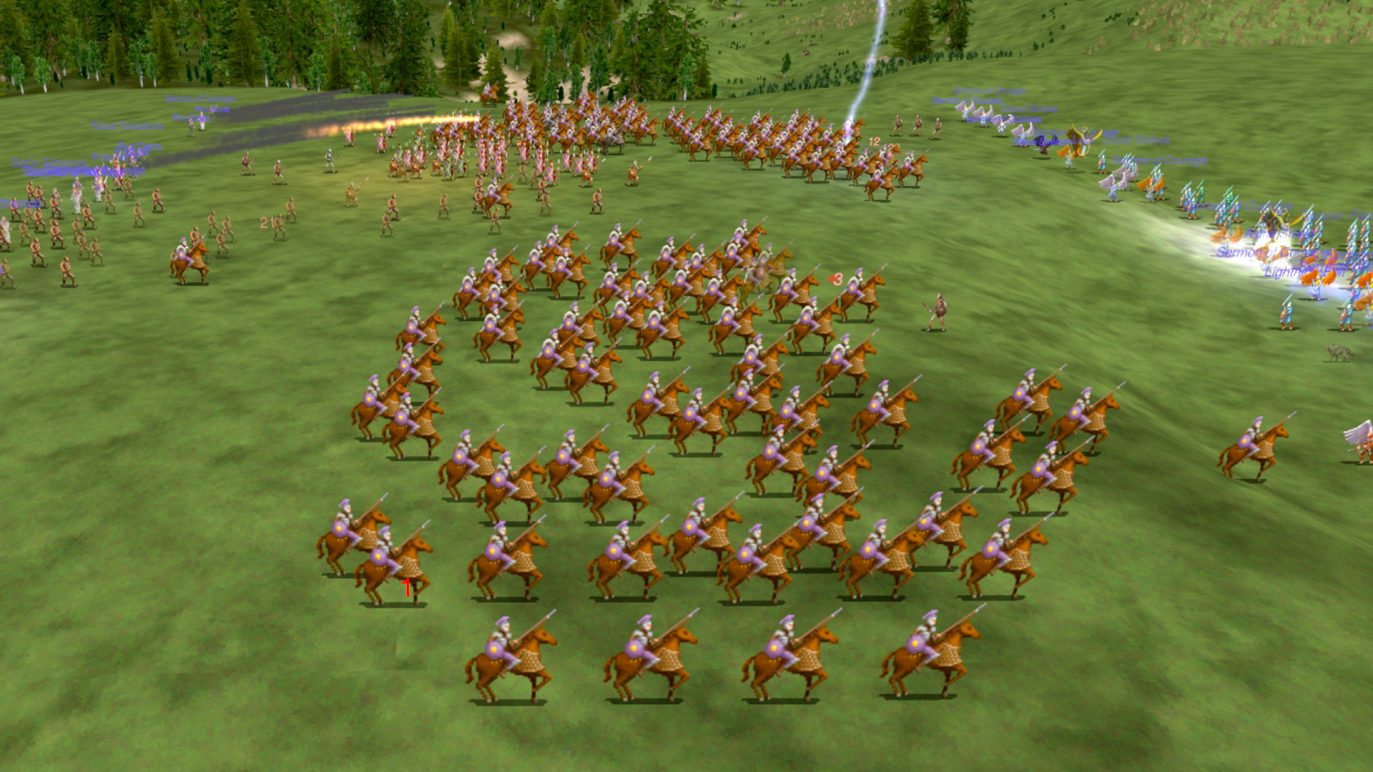Ahh, strategy games. Those absolute just-one-more-turn gems which captured the imagination of gamers the world over. Ever since Dune II introduced features that would become standard in RTS games, such as resource gathering, technology trees, and direct control of units, Strategy Games have been a solid part of the videogames industry.
Giants such as Sid Meier, Westwood Studios, Creative Assembly and Gas Powered Games have given millions of players countless hours fighting over both ancient and futuristic battlefields.
From building empires in the historical realms of Civilization to commanding space fleets in Homeworld, these games have captivated our minds and challenged our strategic thinking.
Sid Meier’s Civilization series revolutionized the turn-based strategy genre, offering players the chance to guide a civilization from the dawn of man to the space age. Its complex mechanics and deep gameplay have made it a benchmark for strategic depth and replayability.
Westwood Studios’ Command & Conquer series took the real-time strategy genre to new heights with its fast-paced gameplay and engaging storylines. The battle between the Global Defense Initiative and the Brotherhood of Nod in the original game set the stage for numerous sequels and spin-offs, cementing its place in RTS history.
Creative Assembly’s Total War series masterfully combined turn-based strategy with real-time tactics, allowing players to build vast empires and control massive armies on the battlefield. From Shogun: Total War to Total War: Warhammer, the series has continually pushed the boundaries of strategy gaming.
Gas Powered Games brought us the epic scale of Supreme Commander, where players manage resources and control vast armies across enormous maps. Its innovative approach to strategic zoom and unit management set it apart in the RTS landscape.
But strategy games are not just about grand campaigns and epic battles. They also offer a sense of personal achievement and intellectual satisfaction. Games like X-COM: UFO Defense challenge players to think critically and adapt to ever-changing scenarios, while Sid Meier’s Alpha Centauri allows players to explore and colonize alien worlds, pushing the limits of human creativity and strategic planning.
As we look back on these classic strategy games, it’s clear that they have left an indelible mark on the gaming world. They’ve inspired countless developers and entertained millions of players. Here at Classic Strategy Games, we celebrate this rich legacy and continue to explore the timeless appeal of these masterpieces.



